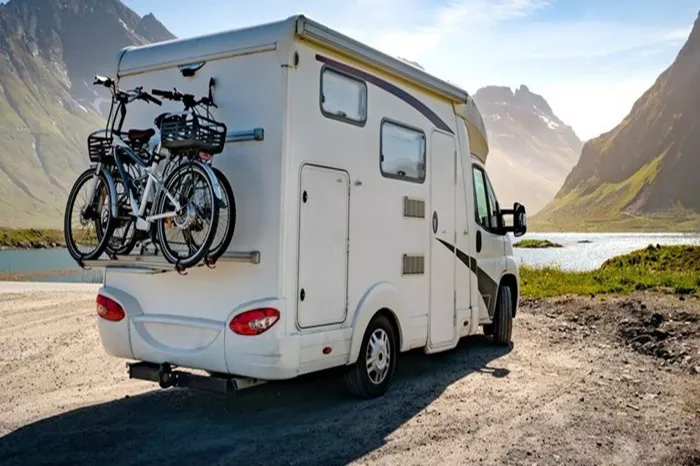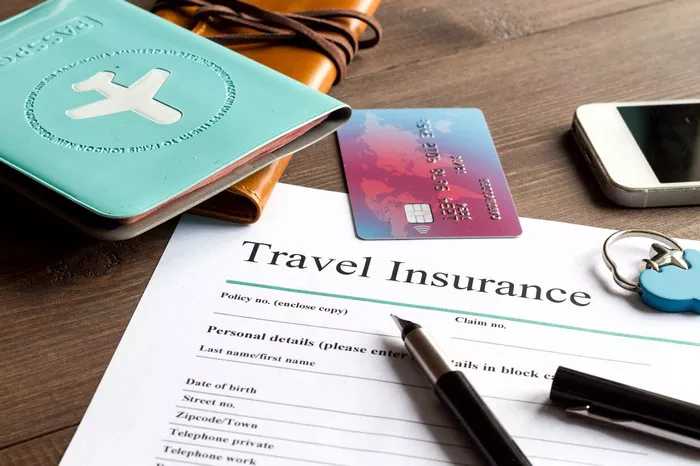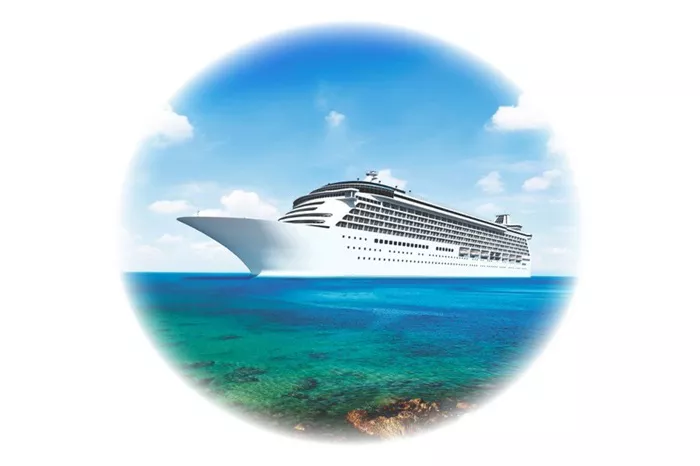Fifth wheel RVs are popular choices for those who enjoy the freedom of the open road. These vehicles offer the comfort of home while traveling, but they also require proper insurance coverage. Understanding the cost of insuring a fifth wheel RV is essential for any owner.
Factors Influencing Fifth Wheel RV Insurance Costs
Type and Age of the RV
The type and age of your fifth wheel RV significantly impact insurance costs. Newer models with advanced features tend to cost more to insure. Older RVs may have lower premiums, but they might require specialized coverage due to potential issues related to wear and tear.
Usage and Mileage
How often and how far you plan to travel with your fifth wheel RV also affects your insurance rates. Full-time RVers who live in their vehicle year-round will likely pay more than those who use their RV for occasional vacations. The more miles you drive, the higher the risk of accidents, leading to increased premiums.
Storage Location
Where you store your fifth wheel RV when it’s not in use can influence the cost of insurance. Keeping your RV in a secure location, such as a garage or a storage facility with security features, can lower your premiums. On the other hand, parking it in areas prone to theft or extreme weather conditions may increase your insurance costs.
Driving Record
Your driving history plays a crucial role in determining your insurance rates. A clean driving record with no accidents or traffic violations can help you secure lower premiums. Conversely, a history of accidents or violations may result in higher insurance costs.
Types of Coverage for Fifth Wheel RVs
Liability Coverage
Liability coverage is mandatory in most states and protects you in case you cause an accident that results in property damage or bodily injury to others. This coverage helps pay for legal fees, medical bills, and repair costs for the other party involved in the accident.
Collision Coverage
Collision coverage pays for damages to your fifth wheel RV resulting from a collision with another vehicle or object, regardless of fault. This coverage is especially important for newer RVs or those with significant market value.
Comprehensive Coverage
Comprehensive coverage protects your fifth wheel RV against non-collision-related incidents, such as theft, vandalism, fire, or natural disasters. This type of coverage is crucial for safeguarding your investment from a wide range of potential risks.
Uninsured/Underinsured Motorist Coverage
Uninsured/underinsured motorist coverage provides protection if you’re involved in an accident with a driver who has insufficient or no insurance. This coverage helps cover medical expenses and repair costs when the at-fault party cannot pay.
Personal Effects Coverage
Personal effects coverage insures the belongings inside your fifth wheel RV, such as clothing, electronics, and camping gear. This coverage is valuable for full-time RVers or those who carry expensive items during their travels.
Roadside Assistance
Roadside assistance coverage offers help in case your fifth wheel RV breaks down on the road. Services may include towing, tire changes, fuel delivery, and lockout assistance. This coverage can be a lifesaver during long trips.
Determining the Cost of Fifth Wheel RV Insurance
Average Premiums
The average cost of fifth wheel RV insurance varies widely based on the factors mentioned earlier. On average, annual premiums can range from $200 to $3,000 or more. Full-time RVers may pay closer to the higher end of this range, while part-time users may find lower rates.
Geographic Location
Your location significantly impacts insurance costs. States with higher rates of accidents, theft, or natural disasters tend to have higher premiums. Additionally, urban areas usually have higher insurance costs compared to rural regions due to increased traffic and crime rates.
Coverage Limits and Deductibles
Choosing higher coverage limits and lower deductibles can increase your premium. Conversely, opting for lower coverage limits and higher deductibles can reduce your insurance costs. It’s essential to find a balance that provides adequate protection without breaking the bank.
Discounts and Bundling Options
Many insurance providers offer discounts and bundling options that can help lower your premium. Common discounts include safe driver discounts, multi-policy discounts (bundling your RV insurance with auto or home insurance), and discounts for installing safety features such as alarms or GPS tracking systems.
see also: How Much Is RV Trailer Insurance?
Tips for Saving on Fifth Wheel RV Insurance
Shop Around and Compare Quotes
One of the most effective ways to save on fifth wheel RV insurance is to shop around and compare quotes from multiple insurance providers. Rates can vary significantly between companies, so it’s worth taking the time to find the best deal.
Maintain a Clean Driving Record
As mentioned earlier, your driving record plays a crucial role in determining your insurance rates. By maintaining a clean driving record with no accidents or traffic violations, you can qualify for lower premiums.
Increase Your Deductible
Opting for a higher deductible can lower your insurance premium. Just ensure that you can afford to pay the higher deductible out of pocket in case of a claim.
Install Safety Features
Installing safety features such as anti-theft devices, GPS tracking systems, and alarm systems can reduce the risk of theft and damage. Insurance providers often offer discounts for RVs equipped with these safety features.
Take Advantage of Discounts
Many insurance companies offer various discounts that can help reduce your premium. These may include discounts for completing an RV safety course, being a member of an RV association, or paying your premium in full upfront.
Bundle Your Policies
If you have multiple insurance policies, such as auto, home, or boat insurance, consider bundling them with the same provider. Bundling policies can often result in significant discounts on your overall insurance costs.
Review and Update Your Coverage Regularly
Regularly reviewing and updating your coverage can ensure that you’re not paying for coverage you don’t need. As your circumstances change, adjust your policy to reflect your current needs.
Choose Pay-Per-Mile Insurance
Some insurance providers offer pay-per-mile insurance options for RVs. This can be a cost-effective solution if you don’t use your fifth wheel RV frequently, as you only pay for the miles you drive.
Maintain Good Credit
Your credit score can affect your insurance premium. Maintaining good credit can help you qualify for lower rates, as insurers often view those with higher credit scores as less risky.
Consider Seasonal Coverage
If you only use your fifth wheel RV during certain seasons, consider a seasonal insurance policy. This type of policy provides coverage during the months you use the RV and can save you money during the off-season.
Limit Your Mileage
Limiting the number of miles you drive your fifth wheel RV each year can help lower your insurance costs. Some insurance providers offer lower rates for RVs with low annual mileage.
Take a Defensive Driving Course
Completing a defensive driving course can demonstrate to insurers that you’re a responsible driver, potentially qualifying you for discounts on your premium.
Conclusion
Insuring a fifth wheel RV involves several factors that influence the overall cost. By understanding these factors and the types of coverage available, you can make informed decisions to protect your investment. Additionally, implementing the tips provided can help you save on your fifth wheel RV insurance premium. Shopping around, maintaining a clean driving record, and taking advantage of discounts are just a few ways to ensure you get the best coverage at an affordable price. Remember, the right insurance policy provides peace of mind, allowing you to enjoy your RV adventures without worry.






















